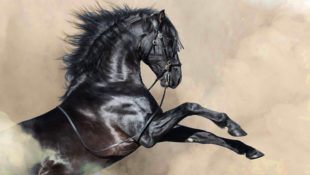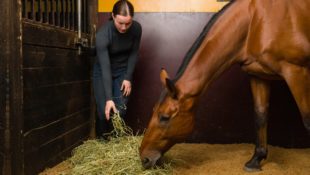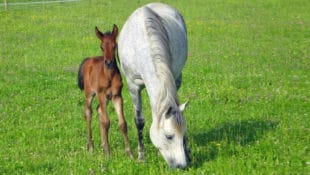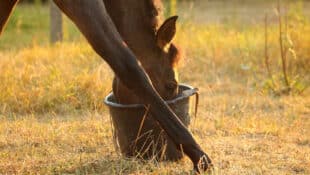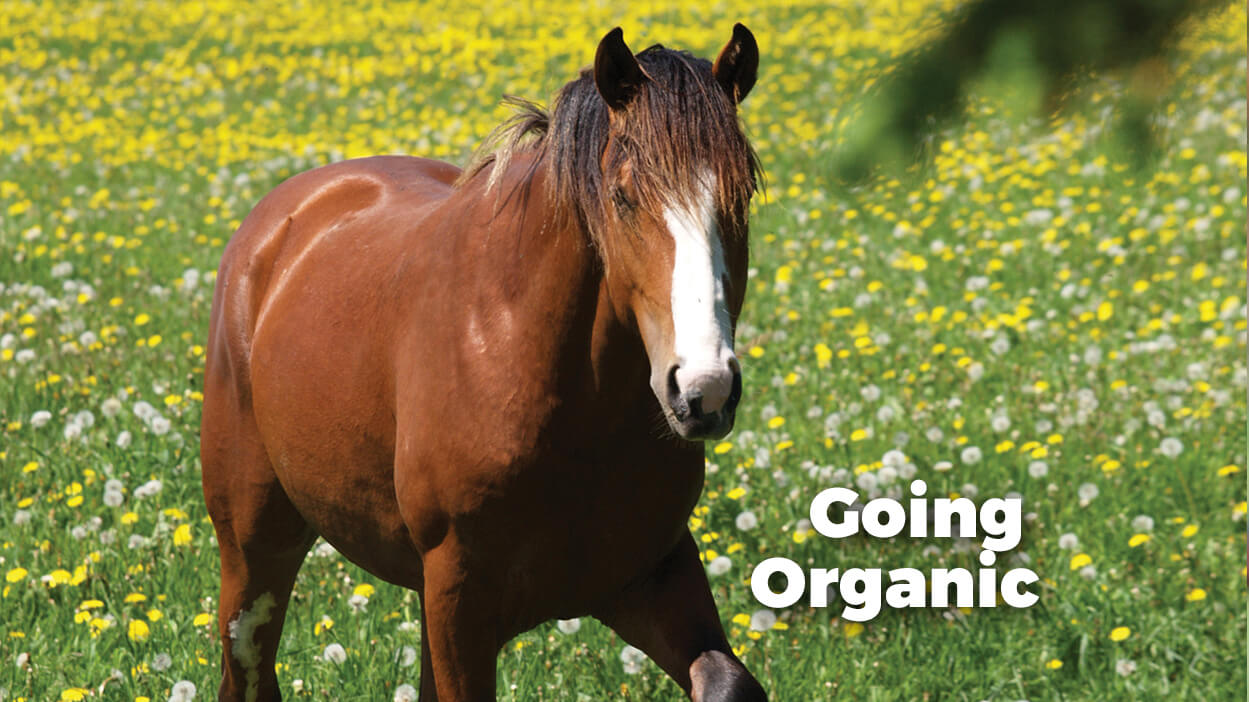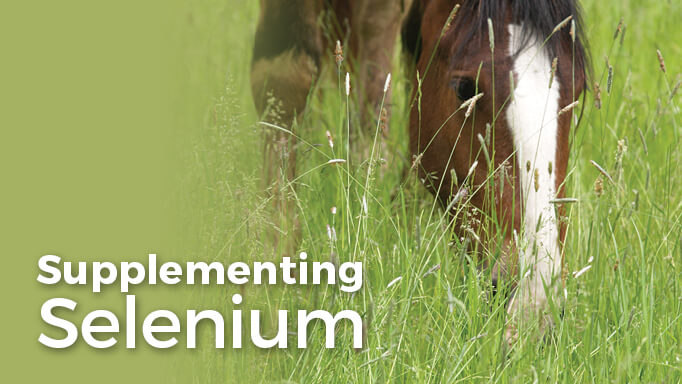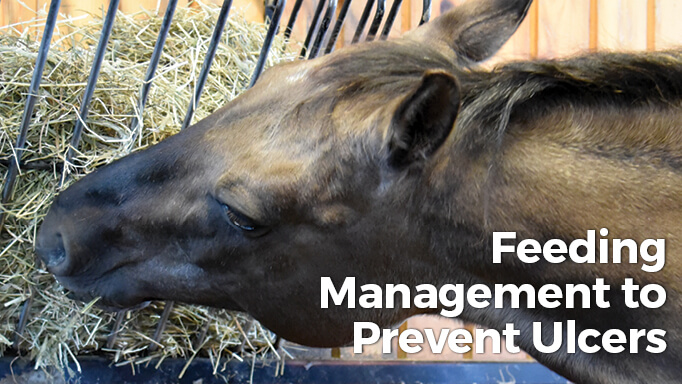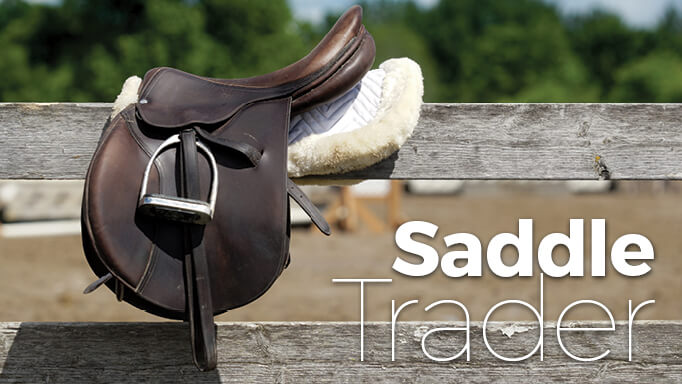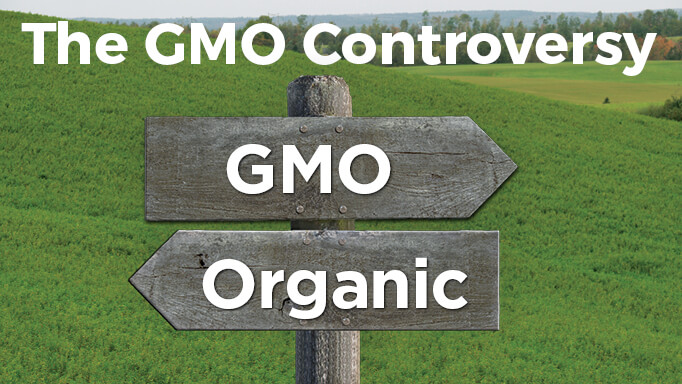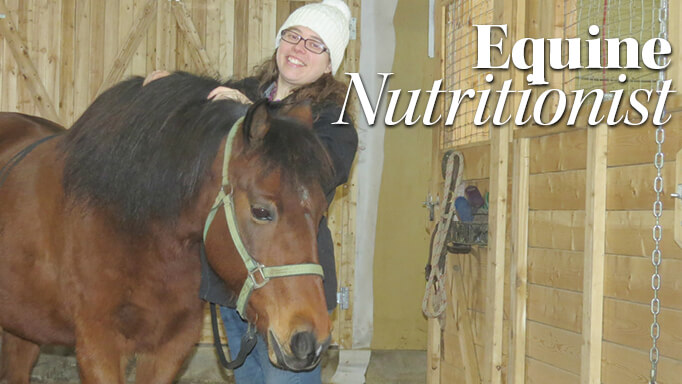While a conscientious training program, adequate turnout and regular exercise can help keep a horse more steady, there are feeding strategies that can help.
Feeding small meals many times per day provides horses with a slow and constant intake of feed, which is how their digestive tract has naturally evolved.
A foal is reliant on the mare for its nutritional needs for up to 17 months during pregnancy and while nursing, so its dam's diet is crucial.
Find out which vitamins horses require to maintain optimal health, what they do, which feeds contain them and how to feed them.
We are constantly reminded that ‘organic’ is better - but is it always? We look at a few common myths and pitfalls to avoid when feeding your horse.
If the forage or grain produced in your area is extremely low in selenium, an essential trace mineral, you may need to supplement your horse’s diet.
How to prevent equine ulcers – a debilitating condition, which affects more than half of the competition horses that set foot in the show ring.
Expert advice on buying used saddles – from pros and cons, to what to look for and what to avoid. Plus, how to make safe payment and shipping arrangements.
Are horse feeds made from GMO (genetically modified organism) ingredients less safe to feed horses than those derived from conventional crops?
Equine nutritionists help horse owners understand that a thorough comprehension of nutrition plays a vital role in the health and well-being of their horses
